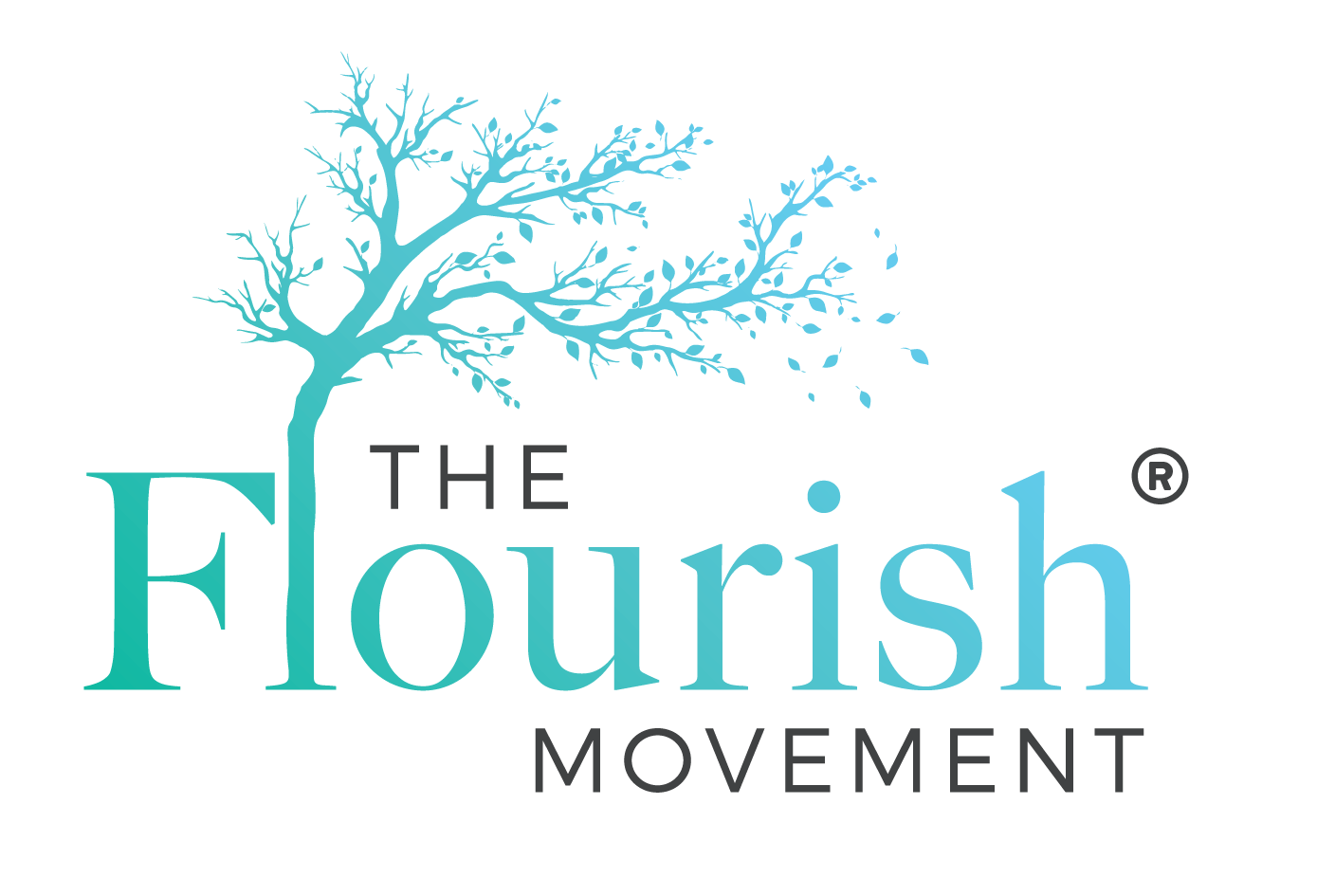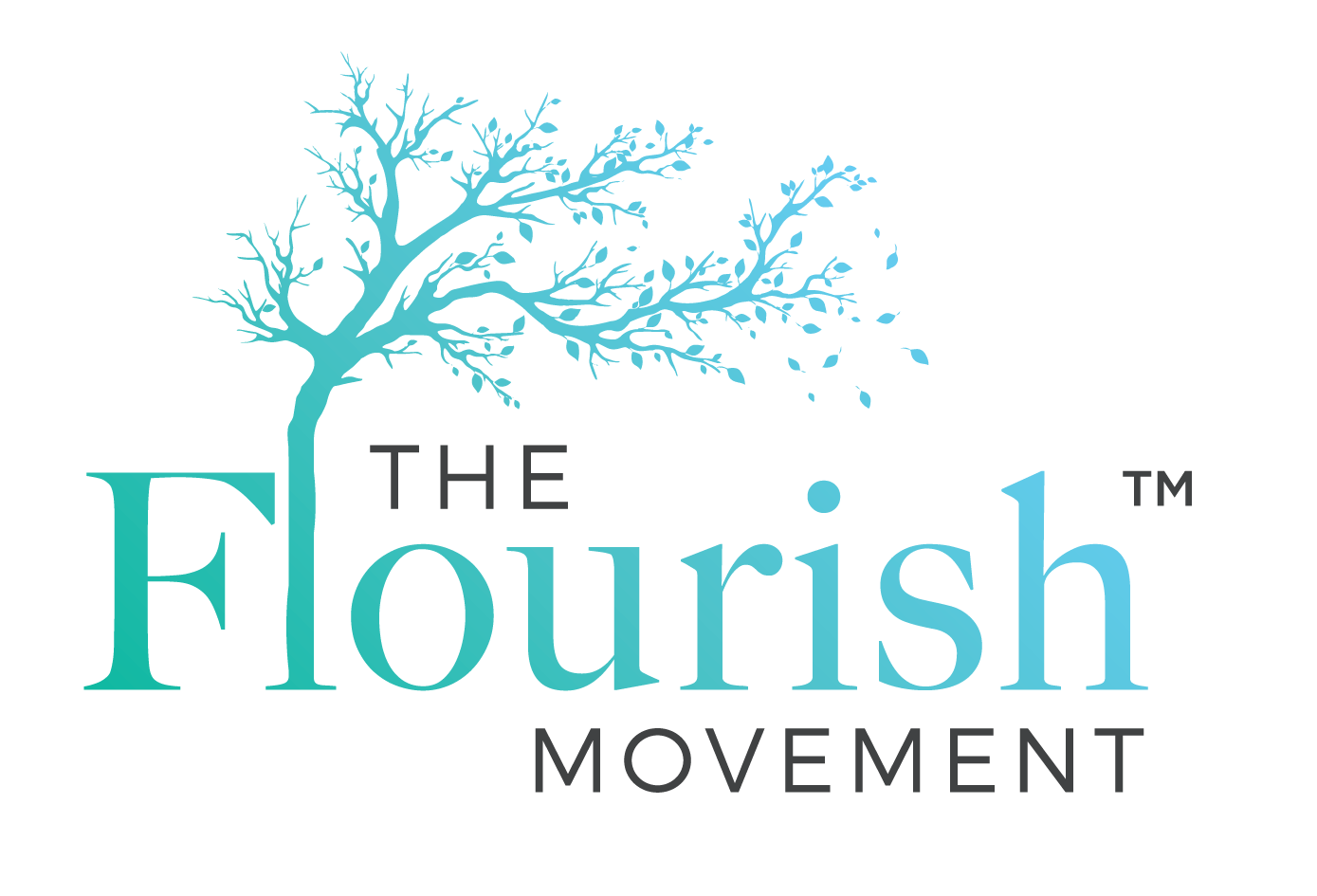5 tips to help you during NAPLAN
According to multiple studies conducted in Australia, for students, NAPLAN is one of the most stressful parts of school. This, of course, has a ripple effect throughout the school community, which means that, not only are the students more nervous than usual, but so are the parents, carers and teachers.
For educators, managing the stress and nervousness that comes with this exam season can have a negative impact on their wellbeing. Therefore, it is crucial that throughout this month, teachers and school leaders take some time to focus on themselves, so they are at their best and consequently can provide the best support to students, parents and their peers.
As a parent, I’m about to experience this nervousness firsthand. Our youngest child is taking on NAPLAN for the first time this year and in some sort of cosmic joke (probably paying me back for the “home-schooling” I did) my wife is away that week for work. So, I’ll be flying solo, supporting my daughter through this as well as managing home and work.
As a result, I’ve thought long and hard about it and in preparing myself for the challenge, here are my 5 tips to help those around you deal with ‘NAPLAN emotions’ and also, some tips to help you support your wellbeing:
1 – Acknowledge their feelings.
It is important for educators and parents to acknowledge any stress, anxiety or other negative emotions that students might be feeling during these times. It is normal to experience these emotions. Who doesn’t get nervous before any kind of test?! It’s scary, uncomfortable, even for us, as adults. So, dismissing their feelings and saying things like ‘It’s not a big deal, it’s just a test’, ‘You shouldn’t be feeling this way’ or ‘You need to stop being so nervous, otherwise on the day of the exam you won’t achieve your best’, will have a very negative effect on kids. Stress, nervousness and anxiety is not something we can just brush off because we want to. Also, by saying those statements and not validating the way they feel, instead of having the intended outcome of reducing their stress levels, it will have the opposite effect, it will create what we call ‘compound stress’. Which is stress that builds on top of stress.
When students hear those non validating statements, not only are they stressed about the exam, they start to get stressed about their response to the exam. They are stressed because they’ve been told they should be feeling differently, and they just can’t achieve it. New research in psychology shows that naming and validating someone’s emotion (saying things like ‘It’s normal to feel that way’, ‘we all get nervous before exams’, ‘You are not alone, lots of kids in your class are feeling like that’) helps them manage those emotions and move to constructive behaviour far quicker than telling them to feel a different way.
2 – Focus their mind on constructive behaviours that will help their performance.
The single best strategy to calm students down and focus their mind is getting them to slow down their breathing. Particularly their exhalation. Teaching them as they start the test and whenever they feel overwhelmed to breath in for four counts and out for six counts will have an immediate effect. You can even go deeper and leading up you can have a focus on mindfulness which has a lot of benefits for our mental and physical health:
Reduced anxiety
Higher energy levels
Greater levels of happiness
Improved cognition
Higher levels of creativity and innovation
More productive
More enjoyment from experiences
Whenever you can, do some mindfulness exercises with your students/staff. There are a lot of free apps out there, that will help you guide your students/peers though some meditation exercises.
We recently had a Flourish Principal do some meditation with the entire school (students, teachers, admin staff, etc) first thing in the morning and the feedback was incredible.
3 – Take time to recover.
During this time of the year, students and parents require more attention and care than usual. This means they will require more of your time and energy. It can be emotionally draining to be the support to all these stressed students and parents. Throughout your day, make sure you take time to: get up, move your body, have a break, debrief with other people, get support, or go outside. Inserting small moments of recovery in your day has a huge impact on your mental and physical wellbeing.
4 – Recharge your battery each day.
Every night we put our phones on charge. We should be doing the same thing with ourselves, so we are better prepared to face the challenges of the following day.
Things that help us recharge are deep relaxation, physical exercise, being in nature, being still, having a quality interaction with someone, laughing, being playful…The list goes on. Considering the challenges and stress that educatorsdeal with every day during NAPLAN and how much of yourselves you give to your school communities, making sure you fill up your battery each day is essential.
5 – Insert regular bright spots in your day.
What’s a bright spot? The part of the job that lights you up. It can be interactions with the kids, observing and coaching teachers, doing research, working on educational innovation…It is different for different people. These bright spots lift your energy and remind you of why you do the job. So, sprinkle a couple of bright spots across your day.
Dr Adam Fraser


